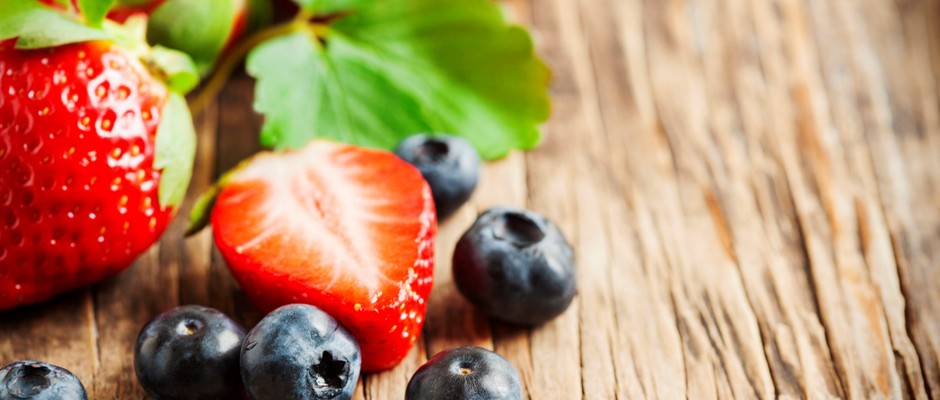6 issues for just £9.99*
Spring savings! Get 6 issues of Gardens Illustrated magazine for just £9.99 enjoy beautiful places, top planting ideas and expert advice for your garden *UK only

Wash and pick over, trim or chop the fruit as needed (you can leave currants, alpine strawberries and raspberries whole).
Place the fruit in a warm, sterilised clip-top jar, then pour over vodka until you have equal layers of fruit and vodka.
Leave to steep or as long as it takes for the fruit flavour to seep out into the vodka – at least a week.
When you are happy that the vodka is fruity enough, add sugar, a little a time, shaking or stirring to dissolve, and tasting every now and again. Stop adding sugar when you’re happy with the balance.
Leave to stand for one month, upending the bottle every now and again, to make sure that the sugar is fully dissolved and the flavours melded. Strain through a muslin (cheesecloth)-lined funnel into warm, sterilised bottles, reserving the infused fruit to use to make a fool, or freeze them for another time.
Serve the vodka really, really cold – I like to store it in the freezer. It will keep for months.